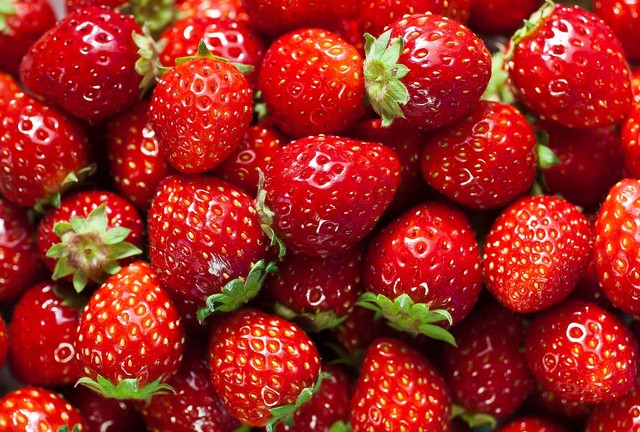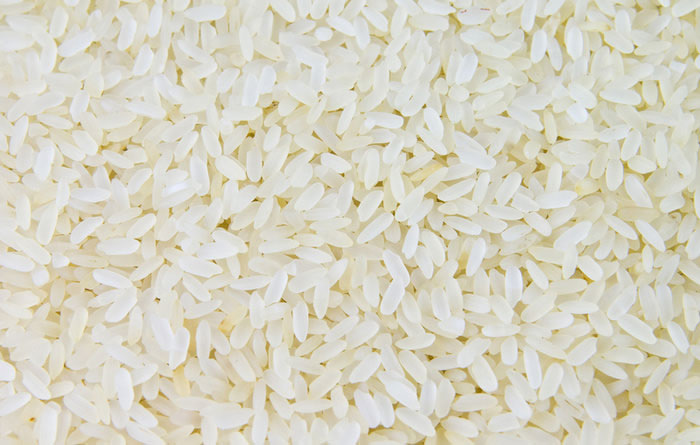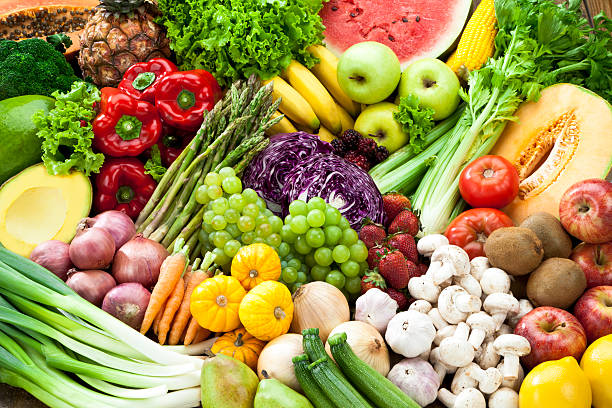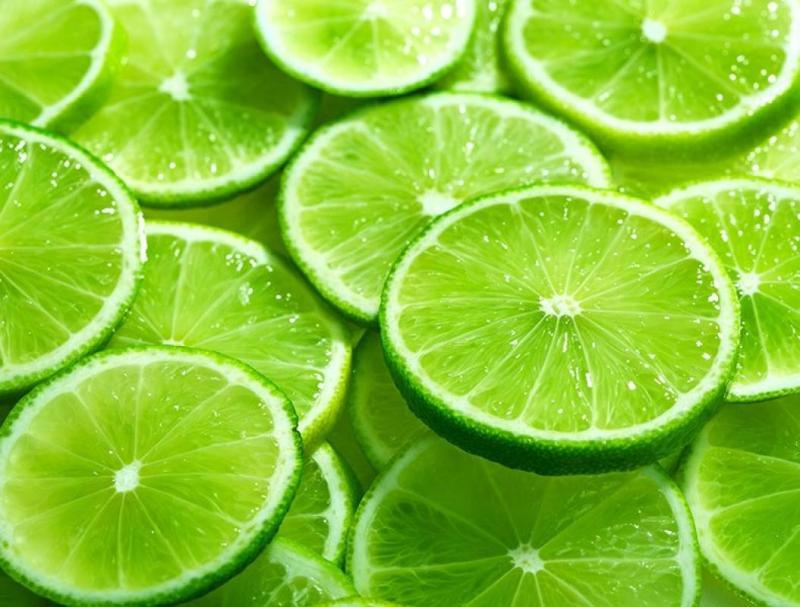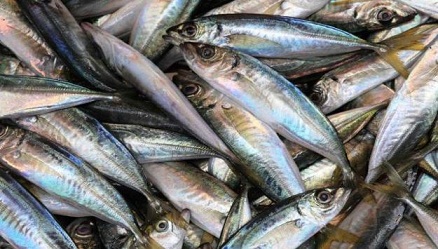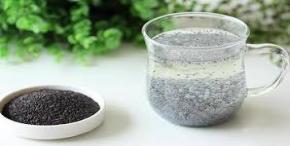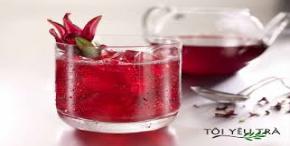News
Grapefruit a danger with many meds
Update: 8/12/2012
A large number of drugs interact with grapefruit, putting people at risk of serious adverse events, researchers warn.
The fruit is now known to interact with more than 85 medications altogether, including statins, oxycodone and quetiapine, according to a review published Tuesday inCMAJ(online).
The researchers said there had been a “disturbing” rise in interactions in recent years, driven by the development of new drugs and formulations: there are now 43 drugs with the potential to cause serious adverse events — up from just 17 in 2008.
Rhabdomyolysis, nephrotoxicity, gastrointestinal bleeding, respiratory depression and torsade de pointes have all been linked to grapefruit interaction, with people aged over 70 thought to be most vulnerable.
The interaction is caused by furanocoumarins — chemicals found in grapefruit that interfere with the activity of the cytochrome P450 3A4 (CYP3A4) enzyme.
This reduces drug metabolism, leading to an increase in systemic exposure and potential overdose.
“The current trend of increasing numbers of newly marketed grapefruit-affected drugs possessing substantial adverse clinical effects necessitates an understanding of this interaction and the application of this knowledge for the safe and effective use of drugs in general practice,” the review authors said.
There are three characteristics common to drugs that interact with grapefruit: they are taken orally, have low to intermediate oral bioavailability, and are metabolised by CYP3A4.
Drugs thought to carry a high or very high risk of interaction include:
● Statins: atorvastatin, lovastatin, simvastatin
● Cardiovascular drugs: amiodarone, apixaban, clopidogrel, nifedipine, dronedarone, rivaroxaban, quinidine and ticagrelor
● Central nervous system agents: oxycodone, fentanyl and quetiapine
There are also several cancer drugs, immunosuppressants and anti-infective agents on the list.
It is impossible to estimate how commonly drugs interact with grapefruit in the real world, since the fruit is very unlikely to be investigated as a cause of an adverse event, the researchers said.
They urged doctors to focus on patients aged over 45, who were known to be “the prime purchasers of grapefruit”, and on over-70s, who were most vulnerable to pharmacokinetic interactions.
All forms of grapefruit posed a risk, including fresh and frozen, the researchers said. Other citrus fruits were also thought to interact, but these had not been as well studied.
Source: http://www.rheumatologyupdate.com.au

